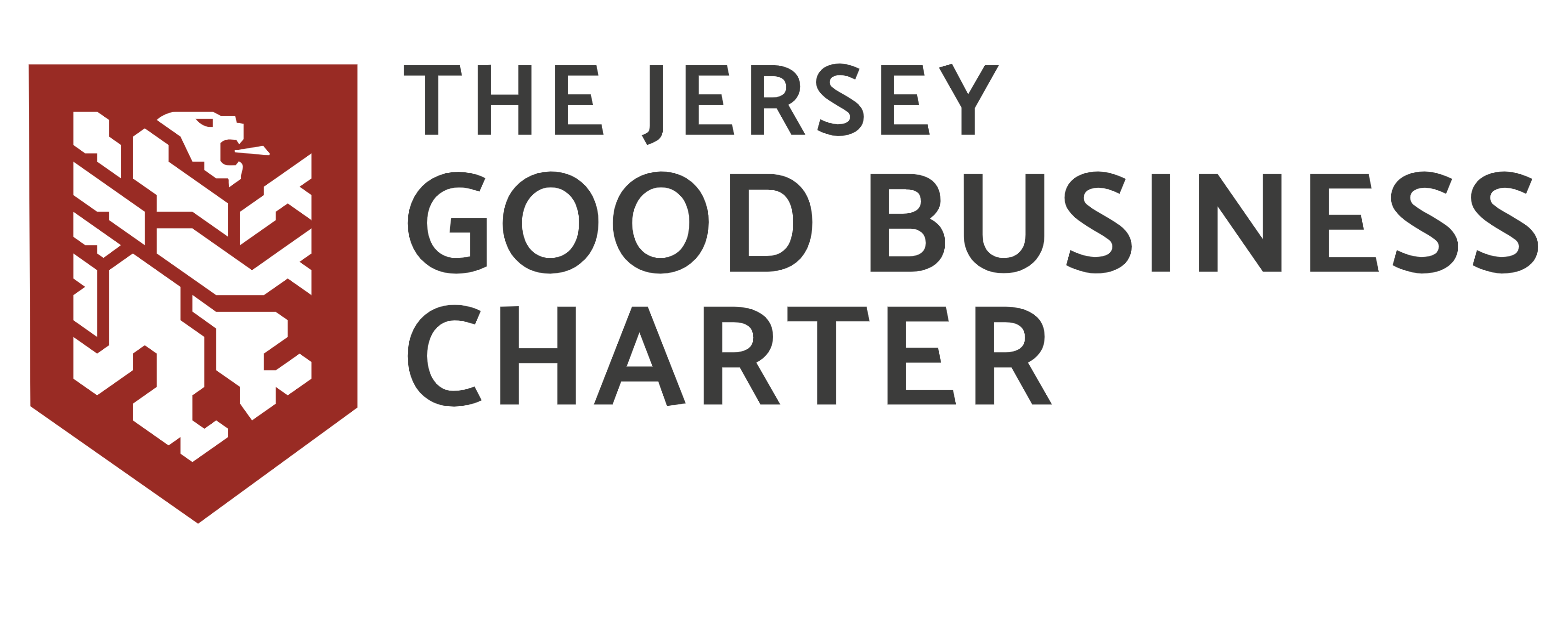Embracing Equity, Diversity, Inclusion, and Neurodiversity in the Workplace
Equity, diversity, and inclusion (EDI) aren’t just buzzwords—they’re essential for building an innovative, resilient workforce. But how can businesses embrace neurodiversity as part of their EDI strategy?
Equity, diversity, and inclusion (EDI) are vital frameworks that ensure fairness, respect, and opportunities for all employees, regardless of their background. Neurodiversity refers to the natural variations in the human brain and recognizes that people with conditions such as autism, ADHD, and dyslexia bring unique strengths to the workplace. For businesses in Jersey, especially in close-knit communities, integrating EDI and neurodiversity practices can significantly enhance workplace culture, innovation, and long-term success.
What is EDI?
EDI stands for Equity, Diversity, and Inclusion:
Equity: Ensuring fair treatment and opportunities by recognizing that individuals have different needs and may require varying levels of support to succeed.
Diversity: Acknowledging and celebrating differences in race, gender, age, background, and abilities within the workforce.
Inclusion: Creating an environment where all employees feel valued, respected, and have a sense of belonging, regardless of their background or differences.
What is Neurodiversity?
Neurodiversity is the concept that differences in brain function, such as autism spectrum disorder (ASD), ADHD, dyslexia, and other neurological variations, are part of the natural spectrum of human diversity. These conditions often come with unique strengths such as heightened creativity, attention to detail, or problem-solving abilities.
A neurodiverse workforce brings unique perspectives and skills that can significantly benefit businesses. However, to harness this potential, employers must create an inclusive environment that values these differences rather than seeing them as deficits.
Best Practices for Embracing EDI and Neurodiversity
Here are some steps businesses can take to embrace EDI and neurodiversity:
1. Create Inclusive Policies: Implement policies that actively promote equity and inclusion. Ensure recruitment, promotion, and development practices are fair and accessible to everyone, regardless of their background or neurodiversity.
2. Offer Flexible Work Options: Many neurodiverse employees benefit from flexibility in work hours, remote working options, or adjusted roles that align with their strengths. Accommodating diverse work needs can unlock significant potential in your team.
3. Provide Sensitivity Training: Educate all employees on EDI and neurodiversity, helping them to better understand, accept, and support diverse colleagues. Creating awareness fosters an environment of respect and inclusion.
4. Encourage Open Communication: Cultivate a culture where employees feel safe disclosing their neurodiverse conditions. Transparency encourages trust and helps businesses provide the right accommodations to help employees thrive.
5. Tailor Support Programs: Provide support tailored to the needs of neurodiverse employees, such as assistive technology, job coaching, or mentoring. The focus should be on empowering employees to perform their roles to the best of their abilities.
6. Measure Progress: Use data and employee feedback to assess how well your EDI and neurodiversity initiatives are working. Regularly evaluate your policies to ensure they continue to meet the needs of a diverse workforce.
Alignment with the Good Business Charter
The Good Business Charter (GBC) emphasizes fairness, transparency, and the well-being of employees—values that directly align with EDI and neurodiversity inclusion. Businesses adhering to the GBC commit to fair treatment, whether in terms of employee well-being, ethical supplier relations, or environmental responsibility. When businesses embrace EDI and neurodiversity, they not only align with the GBC’s mission but also build a workforce that drives innovation, sustainability, and long-term success.
For businesses in Jersey and the Channel Islands, where community and reputation are critical, demonstrating commitment to EDI and neurodiversity enhances their position as ethical leaders. Whether it’s ensuring fair reward and inclusion for employees or transparent communication with stakeholders, these practices foster trust and collaboration.
Conclusion
Embracing EDI and neurodiversity is not just an ethical responsibility but a strategic one. By adopting inclusive practices, businesses can build a more innovative, engaged, and productive workforce. The Good Business Charter provides a framework for businesses to integrate these values into their operations, ensuring fairness, respect, and opportunities for all.
#EDI #Neurodiversity #GoodBusinessCharter #InclusiveWorkplace #JerseyBusiness #DiversityAndInclusion
